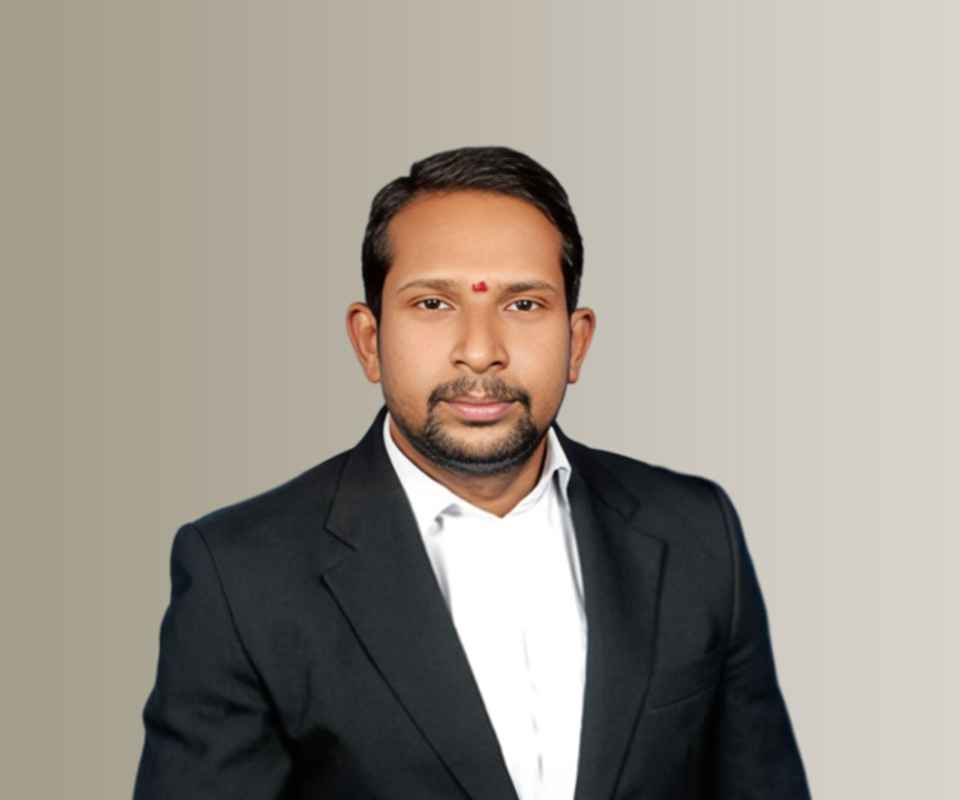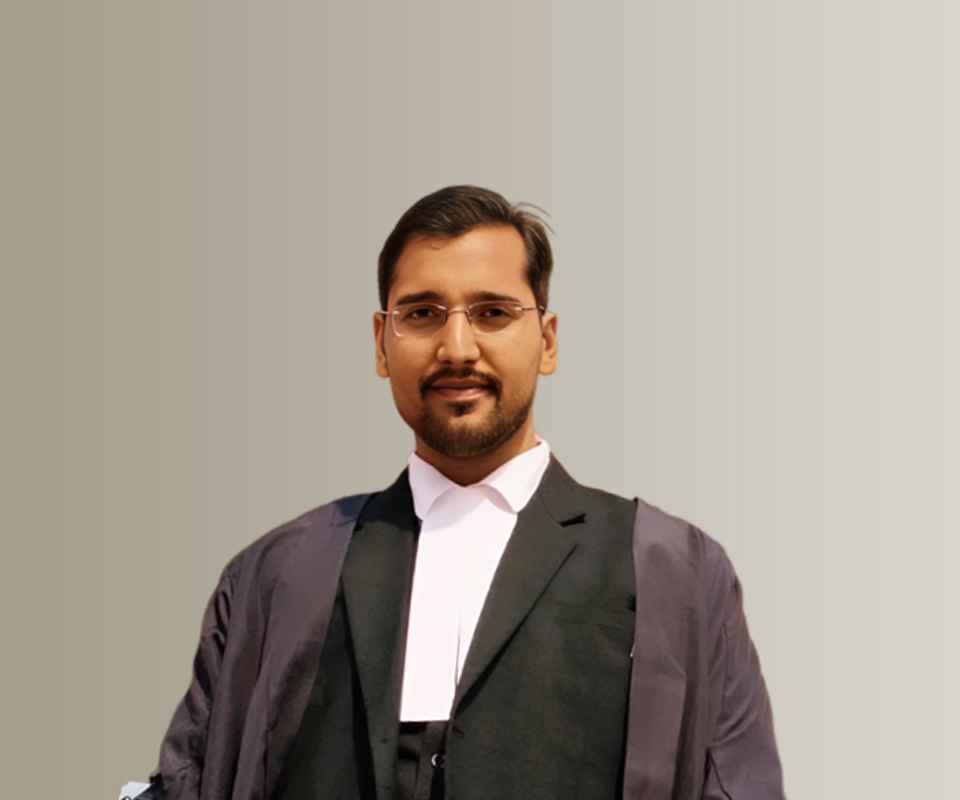Answer By law4u team
Military employment offers a wide range of long-term career benefits that extend beyond the period of active service. These benefits provide financial security, health care, and numerous opportunities for professional development both during service and after retirement. For those who serve in the Indian Armed Forces, these long-term benefits create a foundation for a stable post-service life.
What Are The Long-Term Career Benefits of Military Employment?
Pension and Financial Security:
Pension Scheme:
One of the most significant benefits for military personnel is the pension scheme, which ensures a steady income post-retirement. The pension amount is usually substantial, providing financial security for the individual and their family.
Gratuity:
In addition to pensions, military personnel are entitled to a gratuity (a lump sum amount) upon retirement, which provides a financial cushion.
Savings and Benefits:
The military also offers various savings schemes, insurance policies, and investment opportunities that allow personnel to secure their future.
Healthcare Benefits:
Free Healthcare:
Military personnel and their families enjoy access to free medical facilities at military hospitals throughout their service. After retirement, veterans can continue receiving healthcare at veteran hospitals or through the ECHS (Ex-Servicemen Contributory Health Scheme), ensuring their health needs are met.
Specialized Care:
The armed forces also provide specialized medical care for service-related injuries, ensuring that personnel get the treatment they deserve for any ailments incurred during service.
Job Security and Stability:
Stable Employment:
Military service provides job security, as the armed forces offer a steady paycheck and a well-defined career path.
Retirement at a Defined Age:
Military personnel are generally retired after serving for a set number of years (often around 20-30 years), but this provides stability and allows for a transition to post-retirement life with a pension.
Post-Retirement Career Opportunities:
Veteran Employment Schemes:
The government and private sector often have specific veteran employment schemes, allowing retired military personnel to join civil jobs with their military experience.
Ex-Servicemen’s Welfare:
There are welfare organizations and support systems that help ex-servicemen transition into civilian careers, providing training and guidance for career shifts.
Leadership Roles:
Military personnel are often regarded highly for their leadership, discipline, and problem-solving skills, making them ideal candidates for leadership roles in private companies, government agencies, or international organizations.
Educational Opportunities:
Educational Benefits During Service:
The armed forces often provide opportunities for further education and professional training to enhance the skills of personnel while they are still serving.
Post-Retirement Education:
Veterans have access to educational scholarships, vocational training programs, and higher education benefits to help them transition into civilian life and develop new skills.
Family Benefits:
Family Welfare:
Military personnel's families are also beneficiaries of various support systems, including housing, education allowances, and access to military schools for children.
Job Security for Dependents:
In some cases, family members of retired personnel may also receive employment opportunities in government departments or other sectors offering priority to veterans and their families.
Housing and Accommodation:
Affordable Housing:
During their service, military personnel are provided with government housing or subsidized housing. Upon retirement, veterans often have access to affordable housing schemes meant for them.
Housing Loans:
The armed forces also provide affordable housing loans to service members, making it easier to buy homes during or after their service.
Social Security and Legal Benefits:
Social Security:
Military personnel enjoy social security benefits, including eligibility for widow and children’s benefits if they pass away in service.
Legal Assistance:
The military offers legal assistance to its personnel, particularly in matters related to service and post-retirement disputes, ensuring they have support when needed.
Recognition and Prestige:
Respect and Recognition:
Military personnel enjoy immense respect and prestige in society. Serving in the armed forces brings an inherent sense of honor and recognition both during and after service.
Veteran Status:
The veteran status of military personnel often opens doors to various honorary roles, special privileges, and recognition by society, which may offer opportunities in civic and social service.
Life Skills Development:
Leadership and Discipline:
The military instills essential life skills like leadership, discipline, and decision-making, which are highly valued in the civilian workforce. These traits ensure that veterans are successful in various career paths after service.
Adaptability and Teamwork:
Veterans develop strong skills in adaptability, teamwork, and crisis management, making them ideal candidates for challenging roles in the private sector or government.
Example:
A retired Army officer who served for 25 years receives a substantial pension and continues to have access to free medical care under ECHS. He also takes advantage of government-sponsored vocational training to start his own business. His leadership skills help him secure a managerial position in a private company, ensuring financial stability and personal growth after retirement.
Conclusion:
The long-term career benefits of military employment are substantial and wide-ranging. From financial security through pensions to healthcare, education, and career growth opportunities, military service equips personnel with resources for a stable and fulfilling post-service life. Whether transitioning into civilian employment, pursuing educational opportunities, or benefiting from social security, military personnel have a range of advantages that support their long-term career and personal success.







